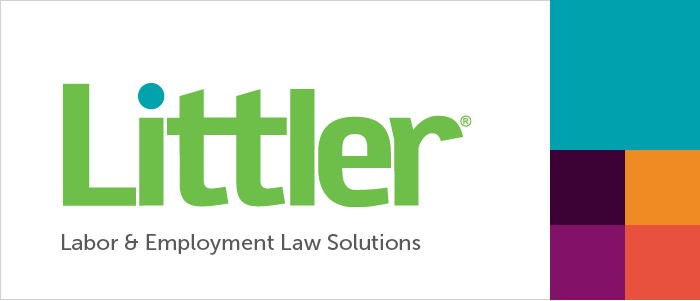
On September 29, 2016, the Equal Employment Opportunity Commission (EEOC) announced that starting in March 2018, it will collect summary employee pay data from certain employers on revised EEO-1 Reports. The announcement comes upon approval of the controversial new EEO-1 Report by the White House Office of Management and Budget (OMB).
The new EEO-1 Report has been described as a cornerstone of the Obama Administration’s focus on promoting Equal Pay. EEOC Chair Jenny R. Yang said that, "[c]ollecting pay data is a significant step forward in addressing discriminatory pay practices. This information will assist employers in evaluating their pay practices to prevent pay discrimination and strengthen enforcement of our federal antidiscrimination laws." According to Secretary of Labor Thomas E. Perez, "[c]ollecting data is a critical step in delivering on the promise of equal pay. Better data will not only help enforcement agencies do their work, but it helps employers to evaluate their own pay practices to prevent pay discrimination in their workplaces."
Employers, on the other hand, have expressed concern over the cost of complying with the new requirements, and many experts have indicated that the new data is unlikely to be of any value to employers or practical use to the federal agencies in their efforts to enforce the laws against pay discrimination.
Starting with the 2017 report, which will be due by March 31, 2018, private employers with 100 or more employees will submit summary pay data on their employees as part of their annual EEO-1 reporting. According to the EEOC, the EEOC and Office of Federal Contract Compliance Programs (OFCCP) are charged with enforcing federal prohibitions on pay discrimination including Title VII, the Equal Pay Act, and Executive Order 11246, but, "until now, they lacked the employer- and establishment-specific data needed to assess allegations of pay discrimination.” The purpose of the revised EEO-1 report, the Commission contends in a Q&A, is to “help to fill this gap.”
The revised EEO-1 report has two new elements:
-
Summary pay data: Employers report the total number of full and part-time employees by demographic categories in each of 12 pay bands listed for each EEO-1 job category based on W-2 wages.
-
Aggregate hours worked data: Employers tally and report the number of hours worked that year by all the employees accounted for in each pay band.
Hours worked data will be reported on the EEO-1 by tallying the total number of hours worked by all the employees counted in each pay band for the W-2 reporting year. For non-exempt employees, for whom the Fair Labor Standards Act (FLSA) already requires employers to keep records of hours worked, employers will consult these records to identify the number of hours worked.
More problematic is the treatment of exempt employees. For employees who are exempt from the FLSA, employers have a choice: they may either report 20 hours per week for each part-time employee and 40 hours per week for each full-time employee, or they may report actual number of hours worked by exempt employees, full- or part-time, if they prefer to do so.
In approving the EEOC’s changes to report under the Paperwork Reduction Act, OMB seemingly ignored concerns raised by many in the employer community about the revisions. Among the most serious concerns is the unreliability of the data as an indicator of pay discrimination. The broad, aggregated pay data fails to account for the myriad of factors involved in employee compensation. Moreover, W-2 wages fails to give a complete picture of an individual’s total compensation. The burden estimate of the revisions as calculated by the EEOC, although higher than their original proposal, likely far underestimates the actual costs incurred by employers in implementing the changes.
The EEO-1 report changes come as equal pay features prominently on the campaign trail for the upcoming November elections. Policymakers around the country, not just in Washington, are increasingly focusing on equal pay issues.